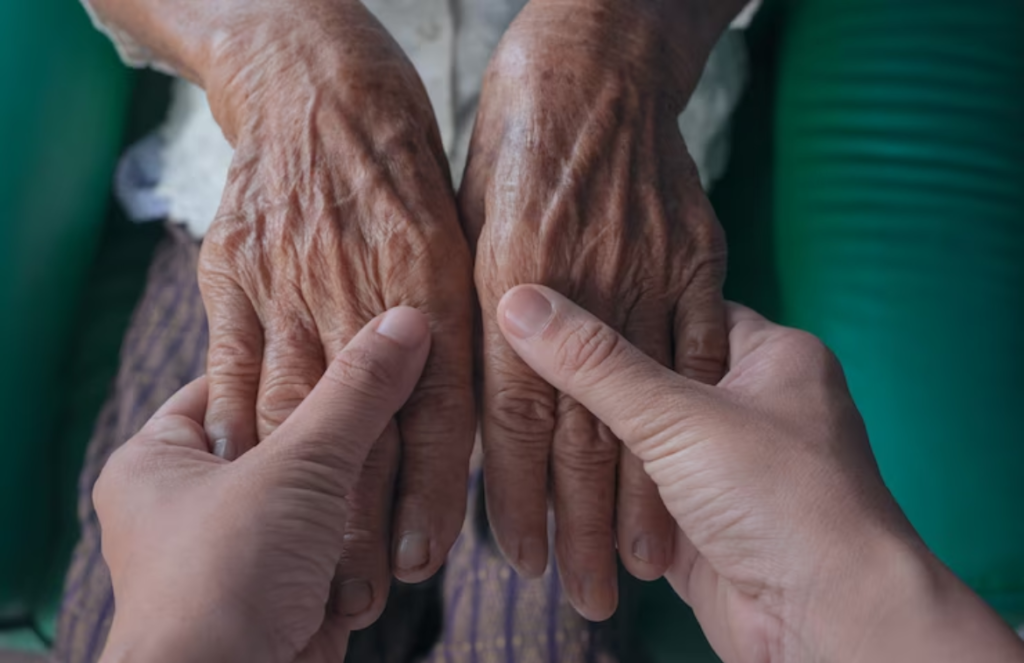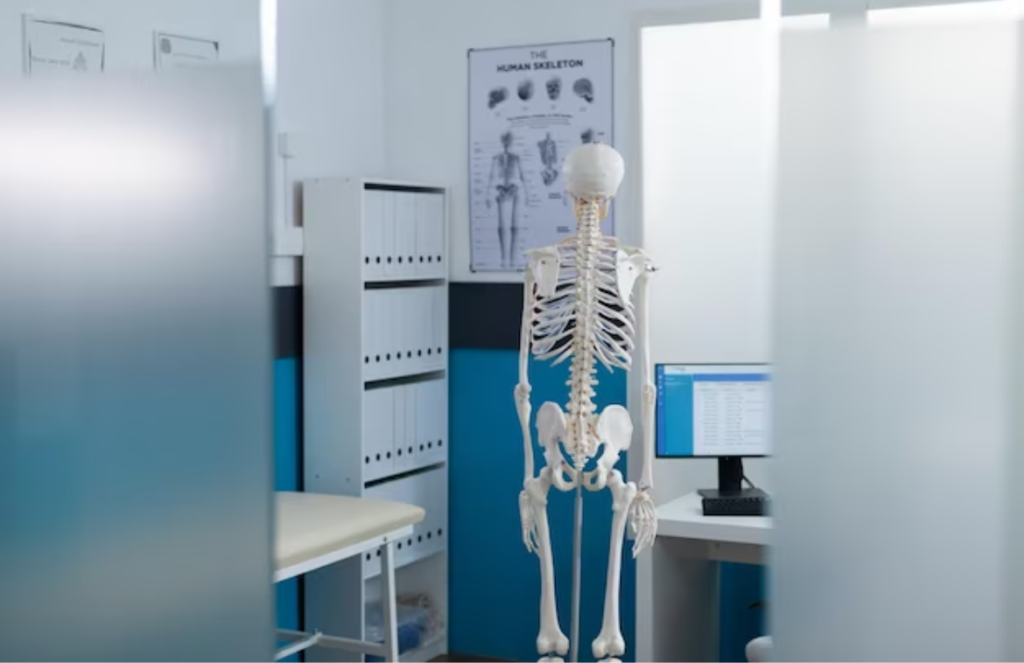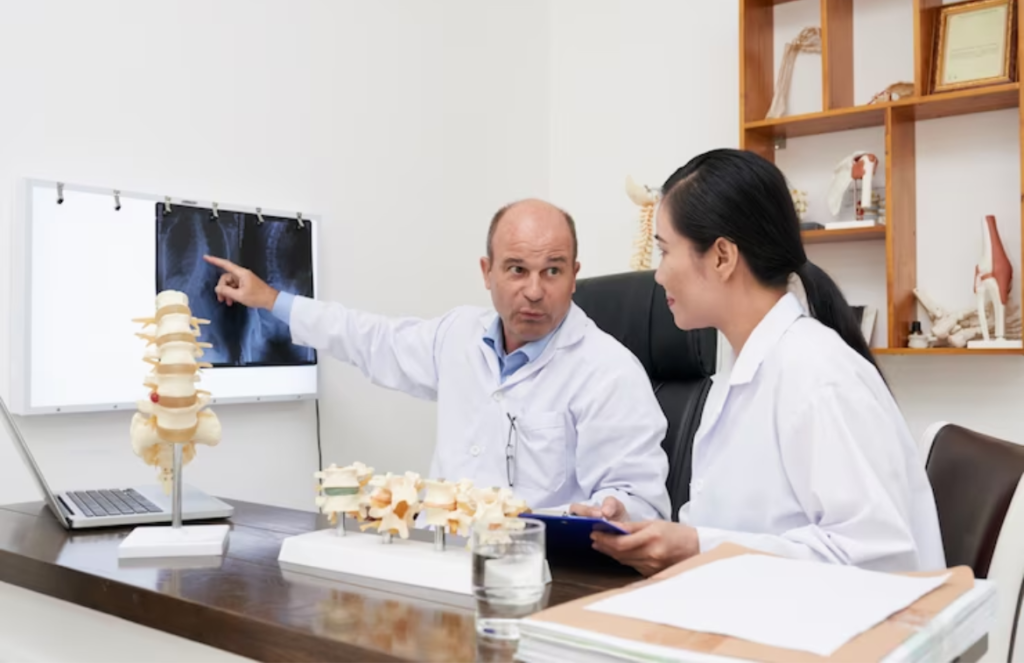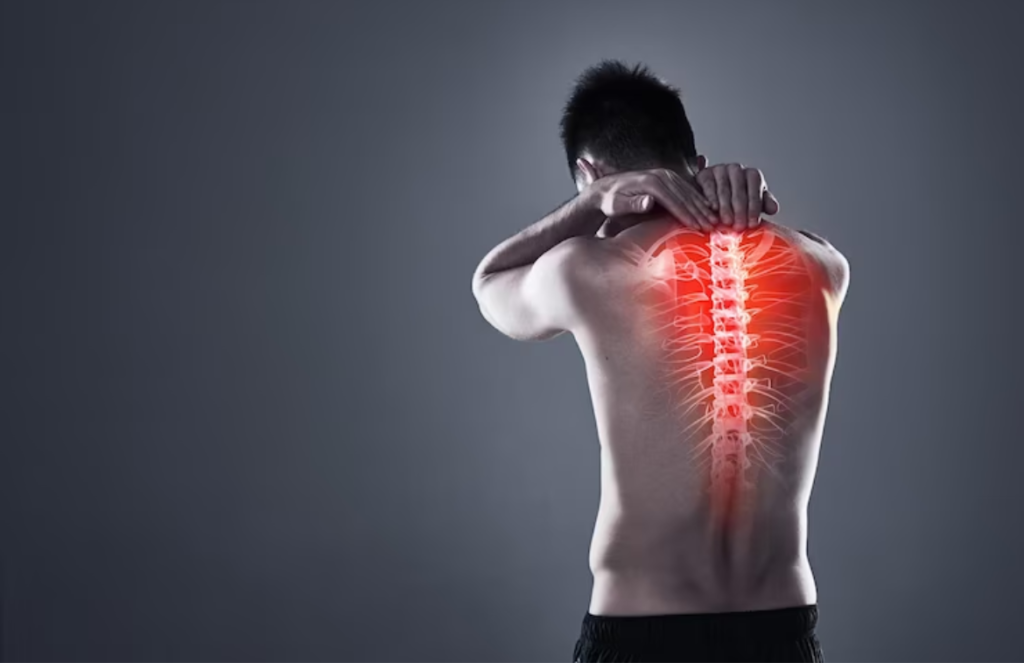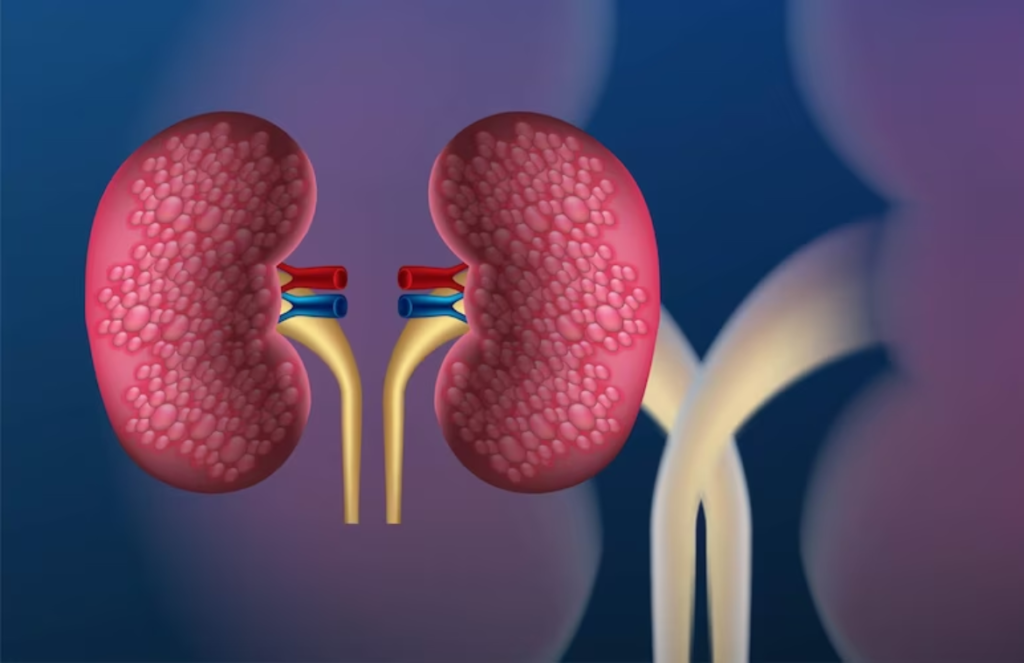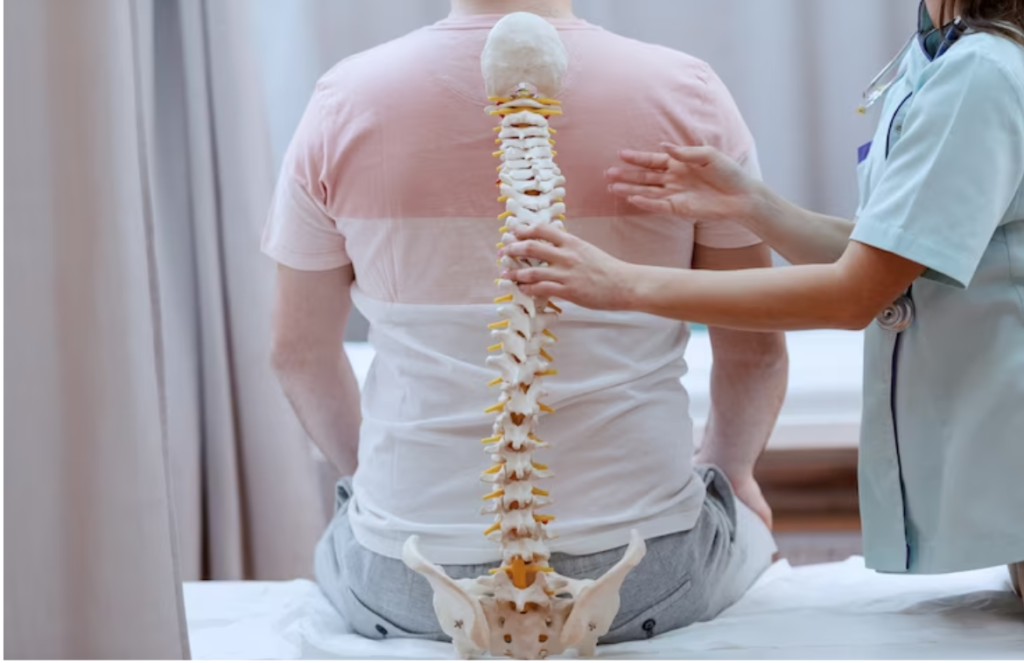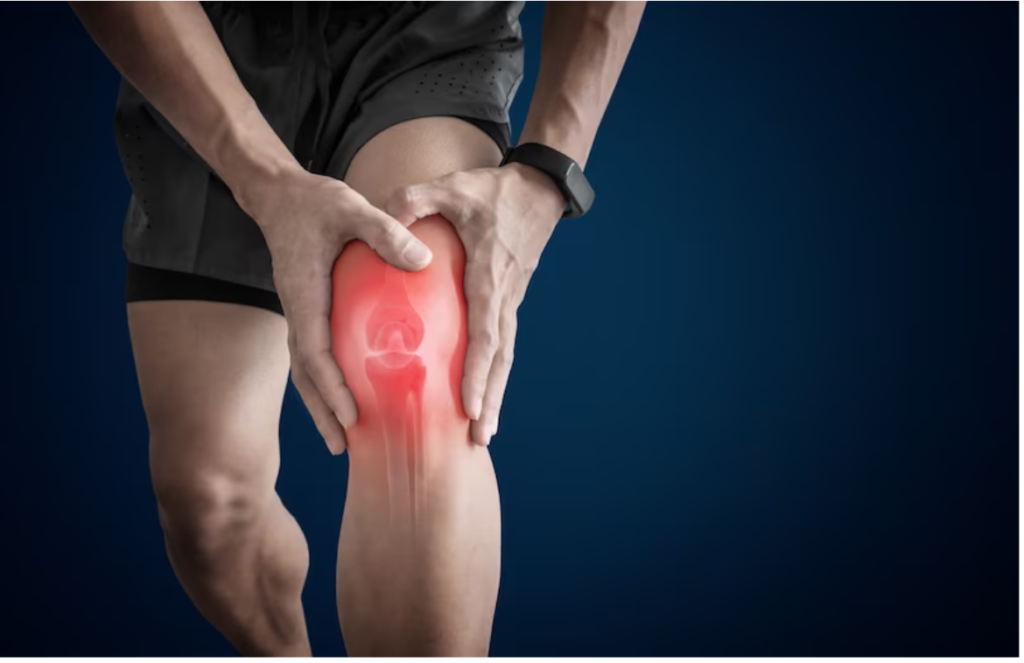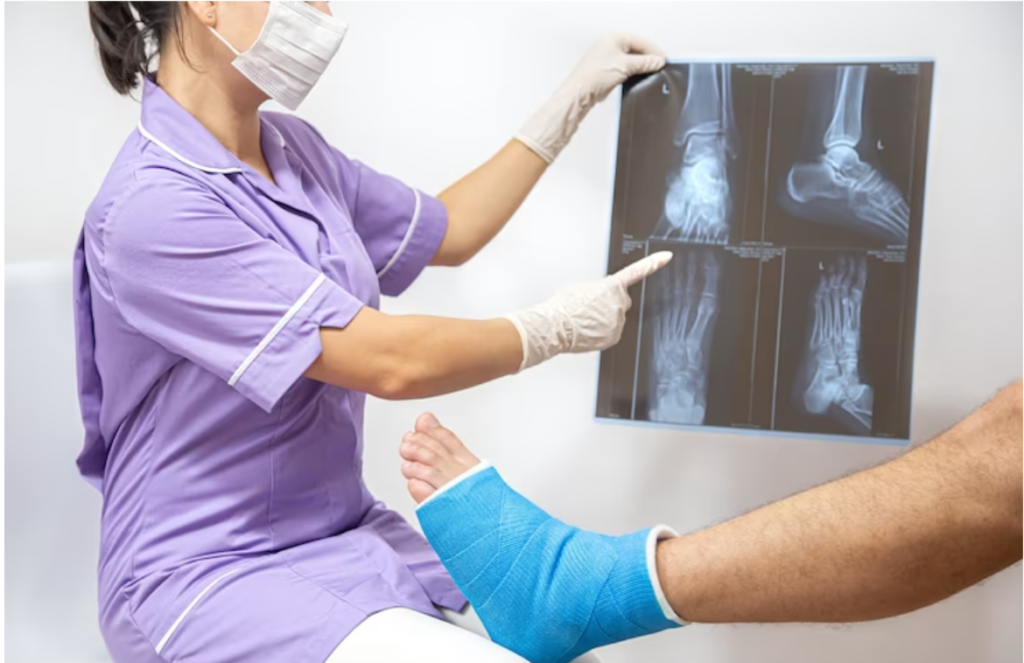Cardiology deals with the functioning of the heart. Cardiology treatment is given to patients suffering from heart diseases. A healthy heart means maintaining a healthy lifestyle.
Cardiology has been acknowledged as a medical specialty that deals with the diagnosis and treatment of diseases and also abnormalities involving the heart as well as blood vessels.
A few of the tests used to diagnose heart disease include electrocardiogram (ECG), Holter monitoring, echocardiograms, exercise tests or even stress tests, cardiac catheterization, heart (cardiac) CT scans, and heart (cardiac) magnetic resonance imaging (MRI) scans.
Treatment for heart disease depends on the cause and type of heart damage. Healthy lifestyle habits such as eating a low-fat, low-salt diet, getting regular exercise and good sleep, and not smoking are important aspects of treatment. Medications can be required to control heart disease symptoms and to prevent complications. The type of medication used depends on the type of heart disease. A few people with heart disease may also require a procedure or surgery. The type of procedure or surgery will greatly depend on the type of heart disease and the amount of damage caused to the heart.
Diagnosis
The health care provider will examine the person and ask about the person’s personal and family medical history. Several different tests are used to diagnose heart disease. Besides blood tests and a chest X-ray, tests in order to diagnose heart disease can include:
- Electrocardiogram (ECG or EKG) – An ECG happens to be a quick and painless test that does record the electrical signals in one’s heart. It can tell if the heart is beating too fast or, rather, too slowly.
- Holter monitoring – A Holter monitor happens to be a portable ECG device that is worn for a day or more to record the heart’s activity during daily activities. This test can detect irregular heartbeats that are not found during a regular ECG exam.
- This non-invasive exam does use sound waves to create detailed images of the heart in motion. It does show how blood moves via the heart and heart valves. An echocardiogram can help determine if a valve is narrowed or even leaking.
- Exercise tests or stress tests – These tests often involve walking on a treadmill or riding a stationary bike while the heart is monitored. Exercise tests do help reveal how the heart responds to physical activity and whether heart disease symptoms do occur during exercise. If unable to exercise, then medication needs to be given.
- Cardiac catheterization – This test can show blockages in one’s heart arteries. A long, thin, flexible tube (catheter) is inserted in a blood vessel, usually in the groin or even wrist, and guided to the heart. Dye flows via the catheter to arteries in one’s heart. The dye does help the arteries show up more clearly on X-ray images taken during the test.
- Heart (cardiac) CT scan – In a cardiac CT scan, the person lies on a table inside a doughnut-shaped machine. An X-ray tube inside the machine rotates around one’s body and also collects images of one’s heart and chest.
- Heart (cardiac) magnetic resonance imaging (MRI) scan – A cardiac MRI does use a magnetic field and also computer-generated radio waves to create detailed images of a person’s heart.
Treatment
Heart disease treatment does depend on the cause and type of heart damage. Healthy lifestyle habits like eating a low-fat, low-salt diet, getting regular exercise and good sleep, and not smoking are an important part of treatment.
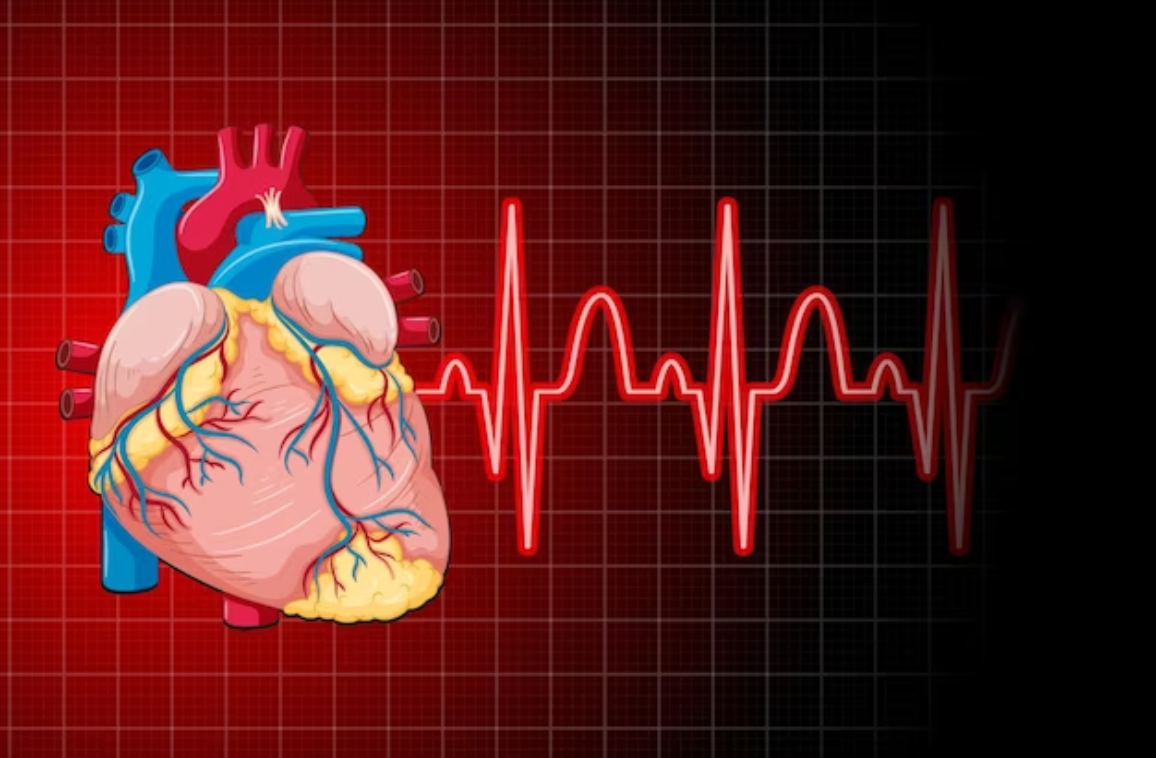
Medications
If lifestyle changes alone do not work, medications may be required to control heart disease symptoms and to prevent complications. The type of medication used depends on the type of heart disease.
Surgery or other procedures
Few people with heart disease may require a procedure or surgery. The type of procedure or surgery will, of course depend on the type of heart disease and the amount of damage caused to the heart. Cardiology treatment is done by experts well versed in the field.
Conclusion
Healthy habits keep the heart in good shape.


